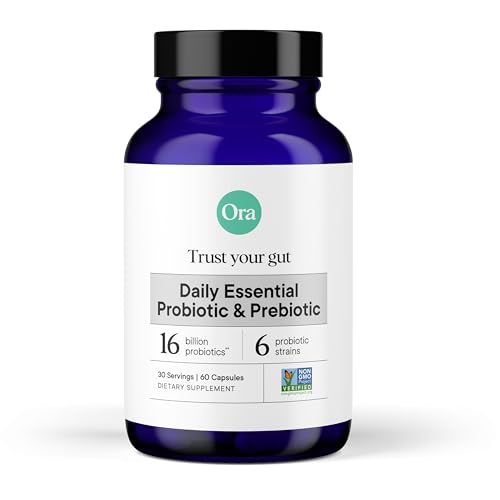
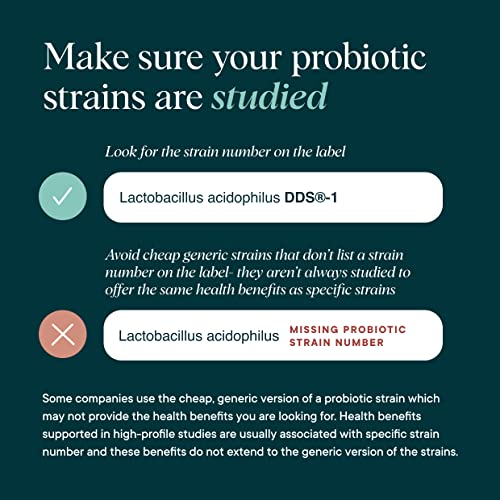
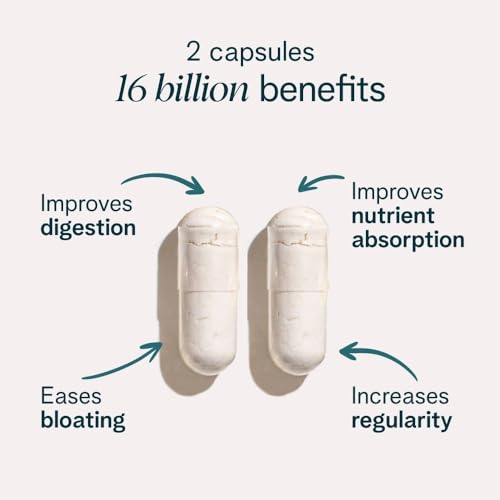
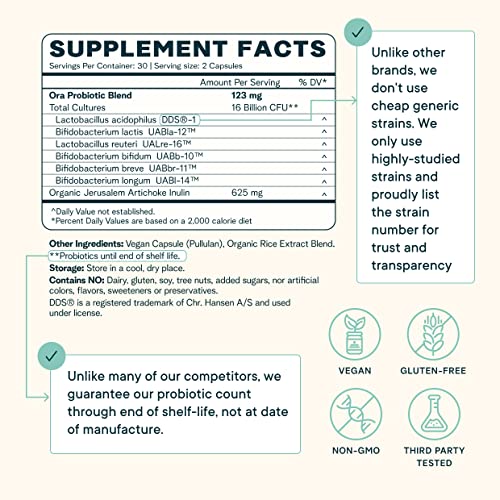
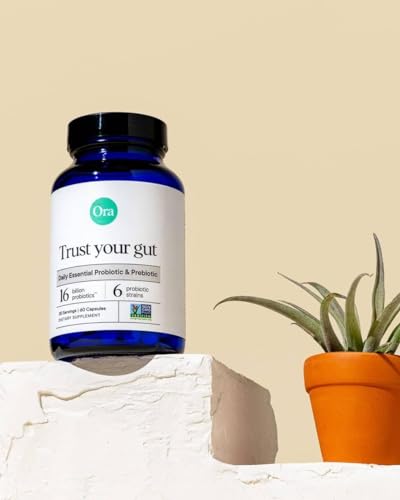
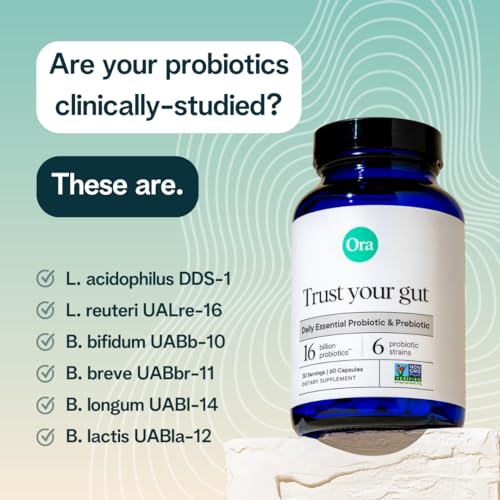
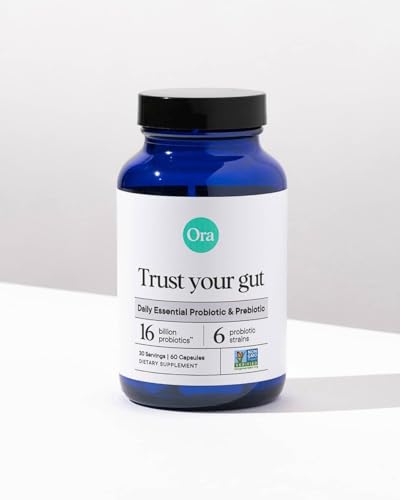
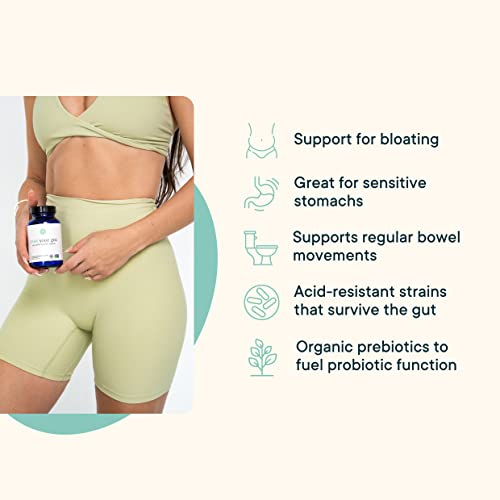
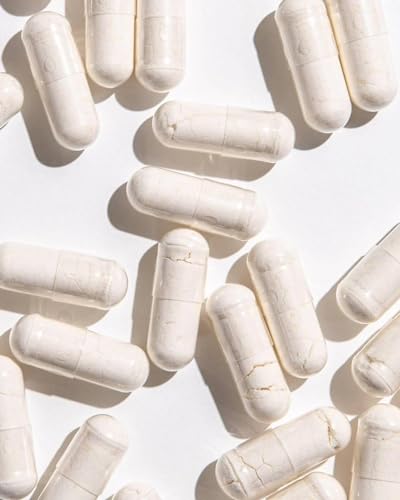
The Honest Company Probiotic Wipes - Kills 99.9% Germs, Moisturizing Aloe, Lavender - 150 Count
Linalool
High RiskLinalool is a terpene commonly found in various plants, particularly in lavender and mint. It is primarily used in products for its fragrance and potential antimicrobial properties. Linalool is also utilized in formulations for its ability to enhance the sensory experience of personal care and household products.
Sustai Insights
Linalool offers functional benefits as a naturally occurring fragrance component and may exhibit antimicrobial properties. However, it presents high allergenic potential, with concerns about skin irritation and sensitization. Environmental risks include contamination issues, though it is not classified as a persistent pollutant. Regulatory bodies have noted the need for careful handling due to its allergenic nature. Overall, despite some beneficial attributes, the ingredient carries a high risk profile, warranting cautious use and consideration of safer alternatives.
Water
Low RiskWater is a clear, colorless liquid essential for various biological processes. It serves as a solvent in formulations, facilitating the dissolution of other ingredients and enhancing product texture and application. Additionally, water plays a crucial role in hydration and is a key component in many cosmetic and personal care products.
Sustai Insights
Water is an effective solvent and hydrator, contributing to the texture and efficacy of formulations. It is biodegradable and generally regarded as safe, with low concerns regarding carcinogenicity, allergies, and reproductive toxicity. However, excessive water usage can lead to environmental concerns, particularly regarding resource depletion. Regulatory bodies do not impose restrictions on water use in cosmetics. Overall, the risks associated with water are low, making it a safe and essential ingredient.
Triethylhexyl Citrate
Low RiskTriethylhexyl citrate is a triester of 2-ethylhexanoic acid and glycerin. It functions primarily as a skin-conditioning agent and emollient in cosmetic formulations, enhancing the texture and feel of products while providing moisture retention.
Sustai Insights
Triethylhexyl citrate offers functional benefits as a skin-conditioning agent, promoting moisture retention and product stability. It is considered to have low health risks, including negligible concerns regarding carcinogenicity, allergies, and reproductive toxicity. Environmentally, it poses minimal pollution risk and is not bioaccumulative. Regulatory assessments indicate no significant concerns, affirming its low-risk status overall. Safe usage practices are recommended, and while safer alternatives exist, this ingredient remains a suitable choice in formulations.
Aloe Barbadensis (Aloe Vera) Leaf Extract
Low RiskAloe vera leaf extract is produced from the succulent leaves of the Aloe barbadensis plant. It is commonly used in cosmetic formulations for its moisturizing and soothing properties, making it a popular ingredient in skincare and personal care products.
Sustai Insights
Aloe vera leaf extract offers several functional benefits, including hydration and skin soothing effects, which are well-supported by scientific literature. It is considered to have a low risk for common health concerns such as carcinogenicity, allergies, or reproductive toxicity. Environmentally, it poses minimal risks, with no significant pollutant potential or bioaccumulation reported. Regulatory bodies have not imposed major restrictions, although verified products should not contain certain contaminants. Overall, this ingredient is assessed as low risk, with safe usage practices and the availability of alternative soothing agents if desired.
Lavandula Hybrida Oil
Low RiskLavandula hybrida oil is an essential oil obtained from the hybrid lavender plant, known for its aromatic properties and use in various cosmetic and therapeutic applications. It is commonly used for its fragrance and potential calming effects in personal care products.
Sustai Insights
Lavandula hybrida oil offers functional benefits as a fragrance and may have mild calming effects. It is sustainably sourced and typically presents low risks for carcinogenicity, allergies, and reproductive toxicity. However, it carries low to moderate concerns about endocrine disruption. Environmental impacts are minimal, and it is not currently subject to significant regulatory restrictions. Overall, the risk level associated with this ingredient is low, making it a relatively safe option in product formulations.
Vegetarian Glycerin
Low RiskVegetarian glycerin, also known as glycerol, is a colorless, odorless, and viscous liquid derived from plant sources. It is primarily used as a humectant, solvent, and emollient in various personal care products, helping to retain moisture and improve texture.
Sustai Insights
Vegetarian glycerin offers functional benefits as an effective humectant, promoting hydration and skin smoothness. It is biodegradable and typically sustainably sourced. Health risks associated with glycerin are low, with no significant concerns for carcinogenicity, allergens, or reproductive toxicity. Environmental risks are minimal, and it is not subject to major regulatory warnings. Overall, the risk level for this ingredient is low, making it a safe choice in formulations. Safe usage practices include ensuring proper concentrations in products, and alternatives such as propylene glycol exist but may have differing properties.
Water
Low RiskWater is a clear, colorless liquid essential for various biological processes. It serves as a solvent in formulations, facilitating the dissolution of other ingredients and enhancing product texture and application. Additionally, water plays a crucial role in hydration and is a key component in many cosmetic and personal care products.
Sustai Insights
Water is an effective solvent and hydrator, contributing to the texture and efficacy of formulations. It is biodegradable and generally regarded as safe, with low concerns regarding carcinogenicity, allergies, and reproductive toxicity. However, excessive water usage can lead to environmental concerns, particularly regarding resource depletion. Regulatory bodies do not impose restrictions on water use in cosmetics. Overall, the risks associated with water are low, making it a safe and essential ingredient.
Linalool
High RiskLinalool is a terpene commonly found in various plants, particularly in lavender and mint. It is primarily used in products for its fragrance and potential antimicrobial properties. Linalool is also utilized in formulations for its ability to enhance the sensory experience of personal care and household products.
Sustai Insights
Linalool offers functional benefits as a naturally occurring fragrance component and may exhibit antimicrobial properties. However, it presents high allergenic potential, with concerns about skin irritation and sensitization. Environmental risks include contamination issues, though it is not classified as a persistent pollutant. Regulatory bodies have noted the need for careful handling due to its allergenic nature. Overall, despite some beneficial attributes, the ingredient carries a high risk profile, warranting cautious use and consideration of safer alternatives.
Triethylhexyl Citrate
Low RiskTriethylhexyl citrate is a triester of 2-ethylhexanoic acid and glycerin. It functions primarily as a skin-conditioning agent and emollient in cosmetic formulations, enhancing the texture and feel of products while providing moisture retention.
Sustai Insights
Triethylhexyl citrate offers functional benefits as a skin-conditioning agent, promoting moisture retention and product stability. It is considered to have low health risks, including negligible concerns regarding carcinogenicity, allergies, and reproductive toxicity. Environmentally, it poses minimal pollution risk and is not bioaccumulative. Regulatory assessments indicate no significant concerns, affirming its low-risk status overall. Safe usage practices are recommended, and while safer alternatives exist, this ingredient remains a suitable choice in formulations.
Aloe Barbadensis (Aloe Vera) Leaf Extract
Low RiskAloe vera leaf extract is produced from the succulent leaves of the Aloe barbadensis plant. It is commonly used in cosmetic formulations for its moisturizing and soothing properties, making it a popular ingredient in skincare and personal care products.
Sustai Insights
Aloe vera leaf extract offers several functional benefits, including hydration and skin soothing effects, which are well-supported by scientific literature. It is considered to have a low risk for common health concerns such as carcinogenicity, allergies, or reproductive toxicity. Environmentally, it poses minimal risks, with no significant pollutant potential or bioaccumulation reported. Regulatory bodies have not imposed major restrictions, although verified products should not contain certain contaminants. Overall, this ingredient is assessed as low risk, with safe usage practices and the availability of alternative soothing agents if desired.
Lavandula Hybrida Oil
Low RiskLavandula hybrida oil is an essential oil obtained from the hybrid lavender plant, known for its aromatic properties and use in various cosmetic and therapeutic applications. It is commonly used for its fragrance and potential calming effects in personal care products.
Sustai Insights
Lavandula hybrida oil offers functional benefits as a fragrance and may have mild calming effects. It is sustainably sourced and typically presents low risks for carcinogenicity, allergies, and reproductive toxicity. However, it carries low to moderate concerns about endocrine disruption. Environmental impacts are minimal, and it is not currently subject to significant regulatory restrictions. Overall, the risk level associated with this ingredient is low, making it a relatively safe option in product formulations.
Vegetarian Glycerin
Low RiskVegetarian glycerin, also known as glycerol, is a colorless, odorless, and viscous liquid derived from plant sources. It is primarily used as a humectant, solvent, and emollient in various personal care products, helping to retain moisture and improve texture.
Sustai Insights
Vegetarian glycerin offers functional benefits as an effective humectant, promoting hydration and skin smoothness. It is biodegradable and typically sustainably sourced. Health risks associated with glycerin are low, with no significant concerns for carcinogenicity, allergens, or reproductive toxicity. Environmental risks are minimal, and it is not subject to major regulatory warnings. Overall, the risk level for this ingredient is low, making it a safe choice in formulations. Safe usage practices include ensuring proper concentrations in products, and alternatives such as propylene glycol exist but may have differing properties.
Support your digestive health with Ora Organic's Probiotic Supplement. Formulated with 16 billion CFU per serving and six carefully selected probiotic strains, this vegan-friendly blend is designed to promote gut balance and overall wellness.
- High CFU Count: Each serving delivers 16 billion CFU for optimal gut support.
- Diverse Strains: Features six well-researched probiotic strains for maximum benefits.
- Organic & Vegan: Made with plant-based cultures, free from gluten, dairy, and GMOs.
- Prebiotic Fiber: Includes organic Jerusalem artichoke and tapioca to nourish probiotics.
- Gentle on Stomachs: Ideal for sensitive digestive systems, as reported by satisfied users.
- Travel-Friendly: Easy-to-swallow capsules are freeze-dried for convenience on the go.
- No Refrigeration Needed: Maintains potency without the need for refrigeration.
Subscribe & Save with Sustai
- Best Price Guarantee: Always enjoy the lowest prices on sustainable home essentials.
- No Surprises: We’ll notify you before shipping. No hidden fees, ever.
- You’re in Charge: Change, pause, or cancel your subscription anytime with ease.
- Eco-Friendly Deliveries: Our grouped shipments mean less packaging and lower emissions.
Join us on a sustainable journey. Special offers for a limited time! Prices and promotions may change.
Recommended Products
Support your digestive health with Ora Organic's Probiotic Supplement. Formulated with 16 billion CFU per serving and six carefully selected probiotic strains, this vegan-friendly blend is designed to promote gut balance and overall wellness.
- High CFU Count: Each serving delivers 16 billion CFU for optimal gut support.
- Diverse Strains: Features six well-researched probiotic strains for maximum benefits.
- Organic & Vegan: Made with plant-based cultures, free from gluten, dairy, and GMOs.
- Prebiotic Fiber: Includes organic Jerusalem artichoke and tapioca to nourish probiotics.
- Gentle on Stomachs: Ideal for sensitive digestive systems, as reported by satisfied users.
- Travel-Friendly: Easy-to-swallow capsules are freeze-dried for convenience on the go.
- No Refrigeration Needed: Maintains potency without the need for refrigeration.

You can have at most 2 Sustainable Steals products in your cart
Customer Reviews
Customers’ View
Customers appreciate the effectiveness and quality of the Probiotic Supplement, highlighting its clean formulation and plant-based ingredients. Many users note the high CFU count of 16 billion per serving, which they feel supports their digestive health efficiently. The inclusion of prebiotic fiber from organic sources is also positively mentioned, as it nourishes the probiotics for enhanced gut balance. Additionally, customers find the capsules travel-friendly, with no refrigeration needed, making them convenient for on-the-go use. While some express the importance of consistent daily intake for optimal results, overall, users feel this supplement aligns well with their health-conscious and eco-friendly values.
AI-generated from the text of customer reviewsThis product has no reviews yet.




